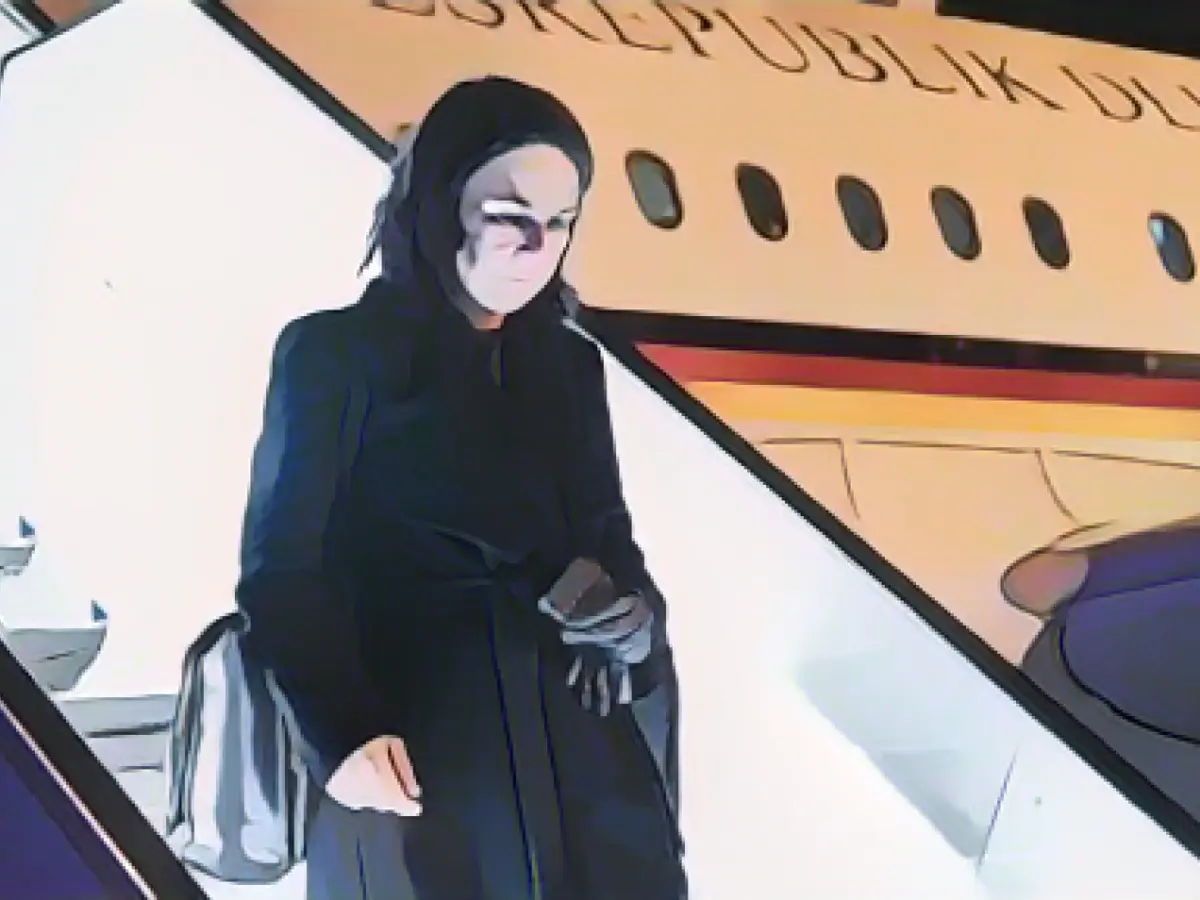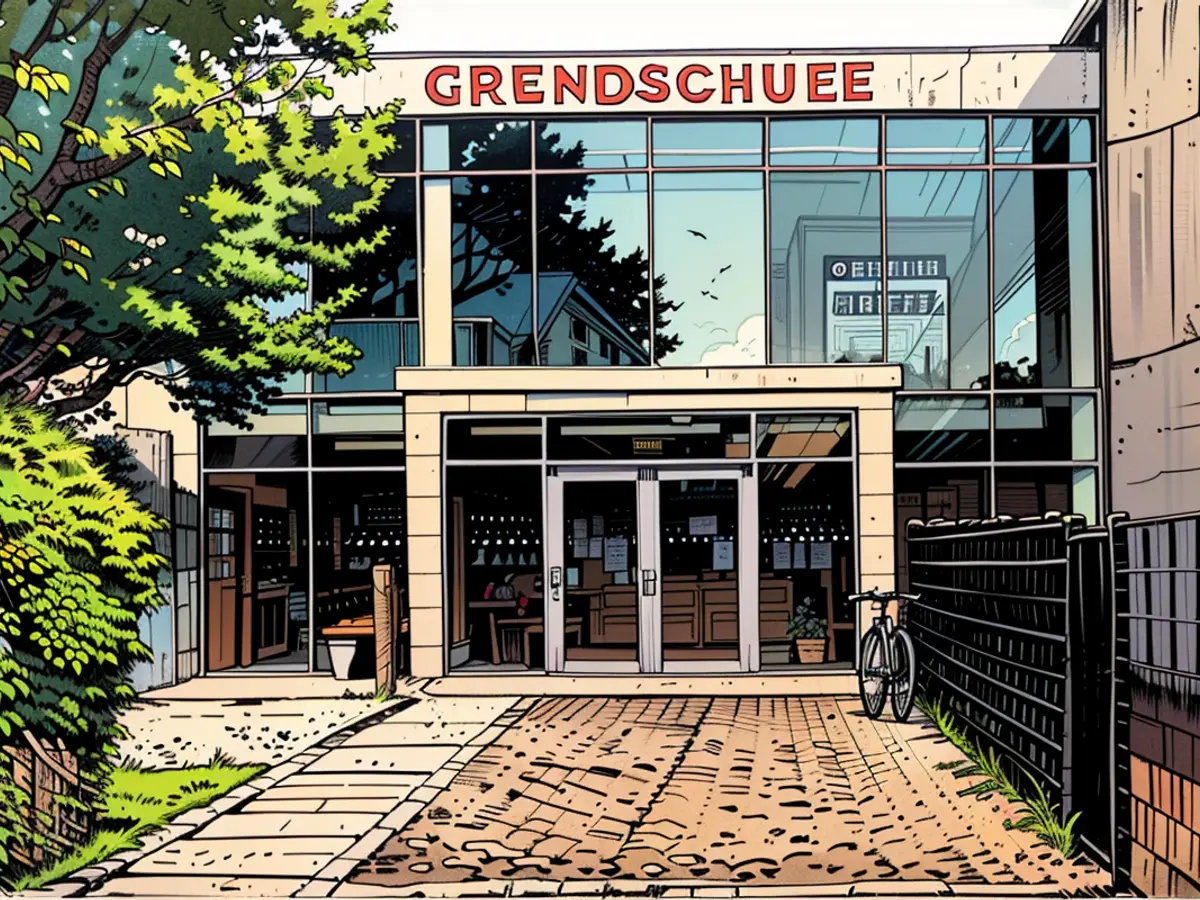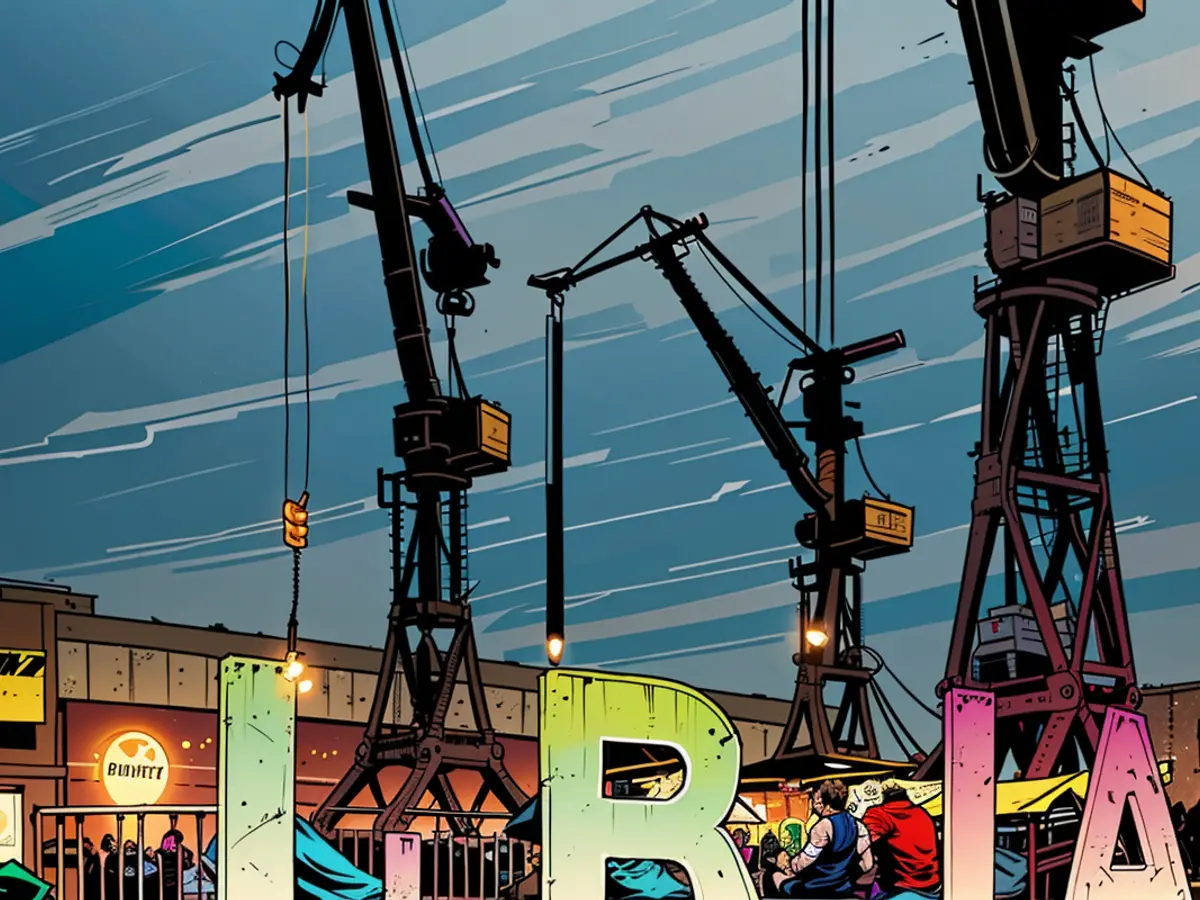Diplomacy - Baerbock: EU admission of the Balkan states in their own interest
Foreign Minister Annalena Baerbock sees the inclusion of the so-called Western Balkan countries in the EU as an important contribution to Europe's security in view of the Russian war in Ukraine, which has been going on for almost two years.
"The countries of the Western Balkans belong fully and completely in our European Union. This is not just an empty phrase, but in our own security interests," explained the Green politician on her visit to Slovenia. She added: "In the face of Russia's imperialism in the middle of Europe, the EU cannot afford any gray areas."
In a world in which crises and conflicts are overlapping in Europe's immediate neighborhood, an EU is needed "that also acts quickly and decisively tomorrow and the day after tomorrow and remains a security anchor for all of us in Europe," Baerbock demanded. This requires reforms in the countries that want to become part of the European family. "At the same time, the EU must keep its word and take the next steps in the enlargement process once the conditions have been met," added the Federal Foreign Minister.
Six Balkan countries at different stages
The so-called Western Balkan countries include Albania, Bosnia-Herzegovina, Kosovo, North Macedonia, Montenegro and Serbia. All six countries are striving to join the EU, but are at different stages in the process. The EU is already negotiating accession with Serbia, North Macedonia, Montenegro and Albania. Bosnia-Herzegovina is considered a candidate country and Kosovo a potential candidate country.
Baerbock's talks are also likely to focus on curbing illegal migration. According to a spokesperson for the Federal Foreign Office in Berlin, the situation in the Middle East will also play a role. Slovenia will not be a permanent member of the United Nations Security Council for two years from January.
Disaster prevention after the floods
Baerbock initially wanted to visit a logistics center together with Foreign Minister Tanja Fajon to find out about civil disaster protection in connection with the flood disaster in Slovenia in August. At the beginning of August, two thirds of the country was affected by flooding rivers. There were also landslides. The damage was estimated at half a billion euros at the time. Slovenia is receiving aid from EU funds. Talks are then planned with Fajon and Prime Minister Robert Golob.
The Federal Foreign Minister explained that the "fight against the climate crisis, the greatest security threat to humanity" is the linchpin in the implementation of the German-Slovenian Action Plan, which is intended to advance key issues for the future.
Ljubljana on the Middle East
Slovenia condemns the Hamas attack, but also criticizes Israel. Golob said on November 9 at a conference in Paris on humanitarian aid for the people in the Gaza Strip that the Israeli army's bombing raids against civilian targets went beyond the right to self-defense. Fajon was less harsh in her choice of words, but she too recently emphatically deplored the humanitarian situation in Gaza and criticized the Jewish settlers in the West Bank.
Russia's attack on Ukraine
Slovenia is in line with the European Union (EU) in its condemnation of Russia's war of aggression against Ukraine. Slovenia was one of the initiators of the first UN resolution against Russia and has also voted in favor of subsequent resolutions.
Border controls against illegal migration
On the subject of migration, Prime Minister Golob advocates legalizing the status of illegal migrants. He described stirring up fear of migrants as a populist tool of the extreme right. Nevertheless, the Schengen country Slovenia introduced border controls in October, following the example of Italy, because of the migrants. As of September 2023, there were more than 40,000 illegal border crossings, compared to 13,000 in the same period last year.
Read also:
- Israeli army advances in southern Gaza
- What threatens Germany without a debt brake
- Complaints pile up due to problems with train services
Source: www.stern.de







